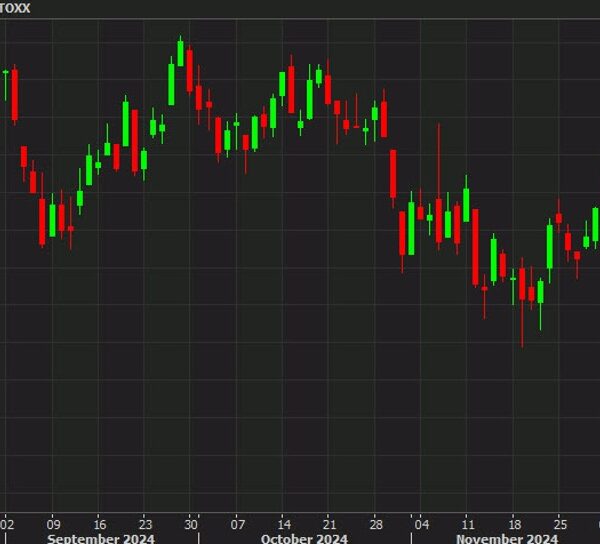

The Supreme Court’s decision last month to overturn a decades-old decision that gave regulators more leeway to set rules will harm innovation and threaten U.S. economic vitality, according to Lazard’s Kenneth Jacobs.
In an op-ed for Project Syndicate, the executive chairman of the financial advisory and asset management firm said the top court’s ruling in Loper Bright Enterprises et al v. Raimondo, Secretary of Commerce is actually anti-business, contrary to conventional wisdom.
Undoing the 1984 case Chevron, U.S.A., Inc. v. Natural Resources Defense Council means courts no longer need to defer to federal agencies when there’s ambiguity from Congress about rules interpreting the law.
“By restricting the executive branch’s ability to craft and enforce regulations, the Supreme Court has opened the door to the Balkanization of the US economy,” Jacobs wrote. “The rulemaking vacuum at the federal level will mean that important issues are increasingly addressed by the states. Instead of a large and cohesive economy of 330 million people subject to the same rule of law, the US will likely end up with smaller regional and state economies, often organized around ideology and local business interests.”
Abandoning the so-called Chevron doctrine will deprive the economy and financial markets of the predictability they need to be healthy and stable, he added. That’s because virtually any rule from a federal agency can be contested, giving judges and juries without specialized training the ability to decide.
To be sure, regulators don’t always please businesses, but at least their rules applied nationwide under the Chevron doctrine, Jacobs noted. Now, a patchwork of state-by-state rules could emerge.
Innovation will suffer as litigation tends to favor entrenched companies over upstarts with new, competing products, he warned. Economic development could also slow as the Supreme Court’s decision would make the federal permitting process even less efficient and predictable.
“When there is more state-level regulation, the US economy will come to look like Europe, where innovation is undermined from the start by the complexity of differing standards and requirements,” Jacobs said. “The reversal of Chevron poses an existential threat to the core pillars of the American economic miracle: uniform rule of law and a cohesive national economy.”
His argument runs counter to what some industry groups have said, namely that regulator over-reach has made doing business too burdensome and unpredictable.
For example, an amicus brief from the U.S. Chamber of Commerce last year pointed to regulators’ sweeping rules and after-the-fact enforcement actions. Meanwhile, Congress essentially outsourced key decisions to federal agencies, enabling them to change positions, expand their own authority, and add regulations with relative ease, it added.
“Such a regime is harmful to businesses. Instability, uncertainty, and lack of accountability in the law generate tremendous deadweight loss in productivity, investment, and innovation,” the brief said. “Businesses cannot effectively plan for the future when agencies are free to unilaterally change
the basic rules at any time.”
For now, it could take years to fully evaluate the Supreme Court’s decision, but financial regulators are likely to be among the hardest hit.
They include the likes of the Federal Reserve System, the Federal Deposit Insurance Corporation, the Office of the Comptroller of the Currency, and the Consumer Financial Protection Bureau.
Banking industry groups hailed the decision, with the head of the American Bankers Association saying, “This is an important win for accountability and predictability at a time when agencies are unleashing a tsunami of regulation—in many cases clearly exceeding their statutory authority while making it harder for banks to serve their customers.”














